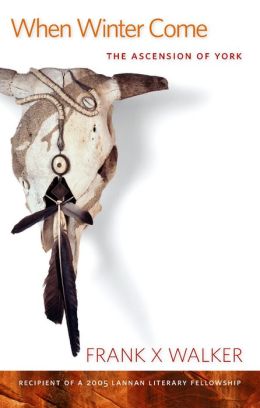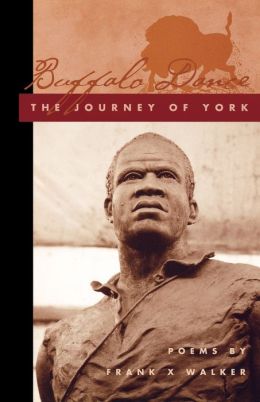

2013 schedule of events
September 23- October 18
Photography Exhibit, Anthology of Appalachian Writers, Gretchen Moran Laskas volume V.
Monday, September 23
Storer College: A Community Remembers, 5:00 p.m., Byrd Legislative Center.
Screening of Film Coal Black Voices and Discussion, 7:00 p.m. Reynolds Hall, co-sponsored with the Shepherdstown Film Society, Dr. Sylvia Bailey Shurbutt Discussion Leader.
Tuesday, September 24
"The African American Story in Appalachia with Dr. Matthew Foulds," 5:00 p.m. Byrd Legislative Center.
"A Celebration of Appalachian Storytellers: The Anthology of Appalachian Writers and Photographers, Gretchen Moran Laskas Volume V," 7:00 p.m., Byrd Legislative Center, Anthology Reception in Scarborough Reading Room at 8:00 p.m. Gretchen Moran Laskas will join us for the event sponsored by The WV Center for the Book, The Shepherd University Foundation, and The Scarborough Library.
Wednesday, September 25
Visit with Martinsburg, Jefferson, and Berkeley Springs Honors Students at Martinsburg High School, 9:00 a.m.
Frank X Walker Reading at Martinsburg Public Library and Reception, 10:30 a.m.
Lunch with AHWIR Project Director and Friends.
"The Writing Life, with Frank X Walker," 7:00 p.m., Byrd Legislative Center. The writer discusses his work, the writing process, and his journey toward authorship and publication.
Thursday, September 26
Lunch with Senior Moments Book Club.
Writers Master Class with Frank X Walker, 3:00-4:30 p.m. at Byrd Legislative Center.
Dinner at Yellow Brick Bank with Fiction Competition Winners, 6:00 p.m.
Scarborough Society Lecture and WV Humanities Council Awards Ceremony, "Voices from Affrilachia," 8:00 p.m. Walker will receive the Appalachian Heritage Writer's Award and presents the Scarborough Address at Erma Byrd Hall, followed by reception and book signing. The WV Fiction Competition awards will also be presented by Walker. The event is sponsored by the WV Humanities Council and the WV Center for the Book.
Friday, September 27
Public Radio Interview, Inside Appalachia.
Evening Reading of Award-winning WV Work of Fiction at the 19th Annual Appalachian Heritage Festival Concert, 8:00 p.m., Frank Arts Center.
Saturday, September 28
Appalachian Heritage Day-long Festival and Evening Concert, 8:00 p.m., Frank Arts Center.
Tuesday, October 29
"Appalachian Haints and Hauntings," with Storyteller Lyn Ford, 7:00 p.m. Byrd Legislative Center. The event sponsored by the WV Humanities Council and Shepherd University Diversity and Equity Committee.
Friday, November 22
Screening and Discussion of Red Tails, the Story of the Tuskegee Airmen, Discussion Leader Dr. Matthew Foulds, 7:00 p.m. Reynolds Hall, The event is sponsored by the Shepherdstown Film Society.


